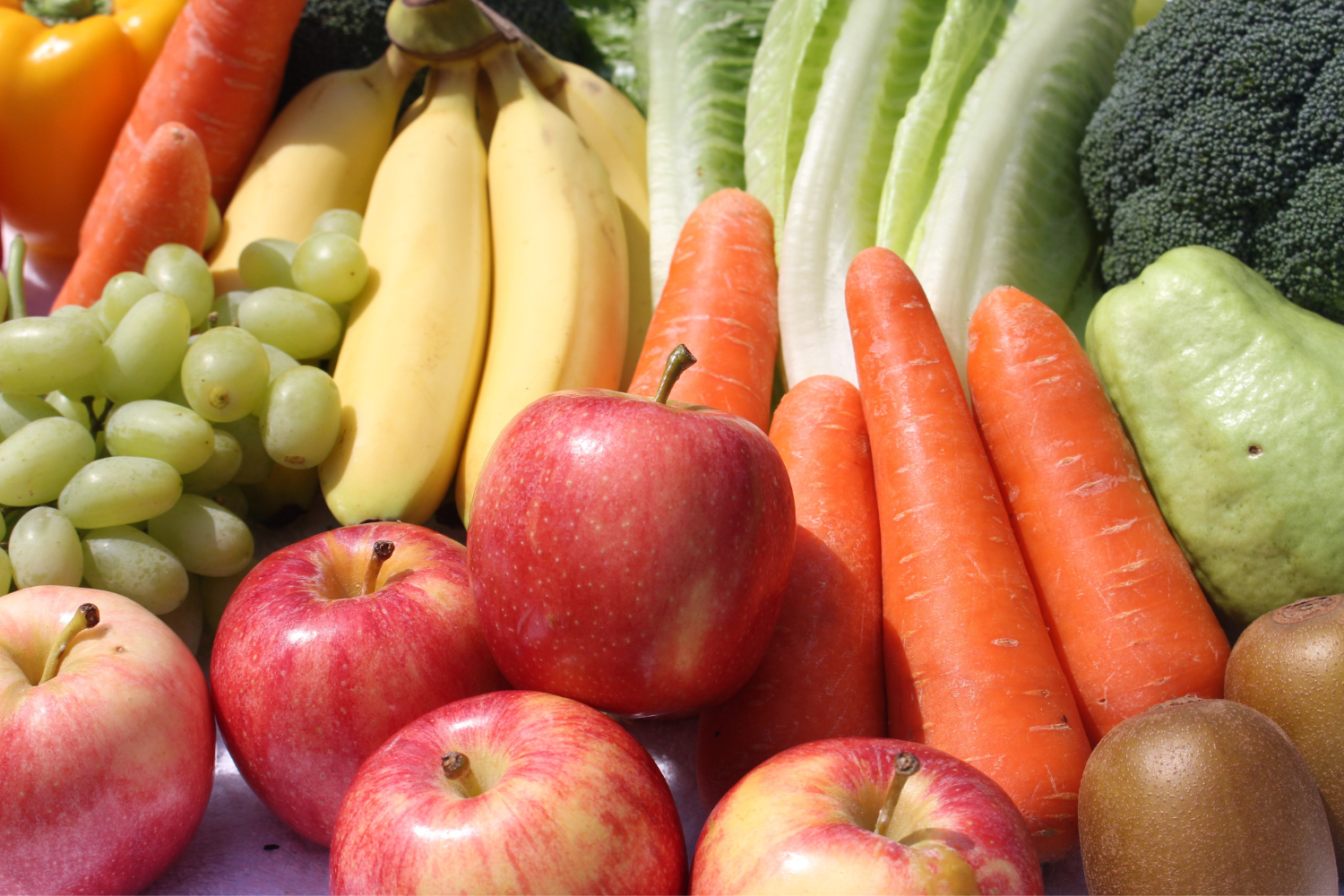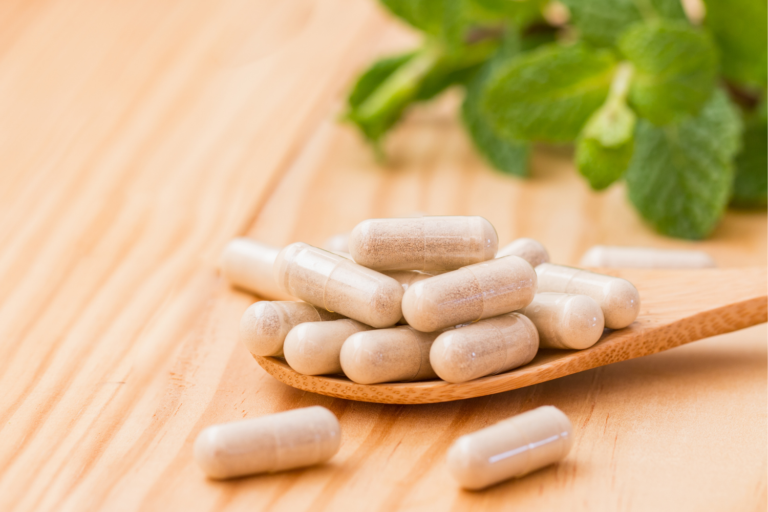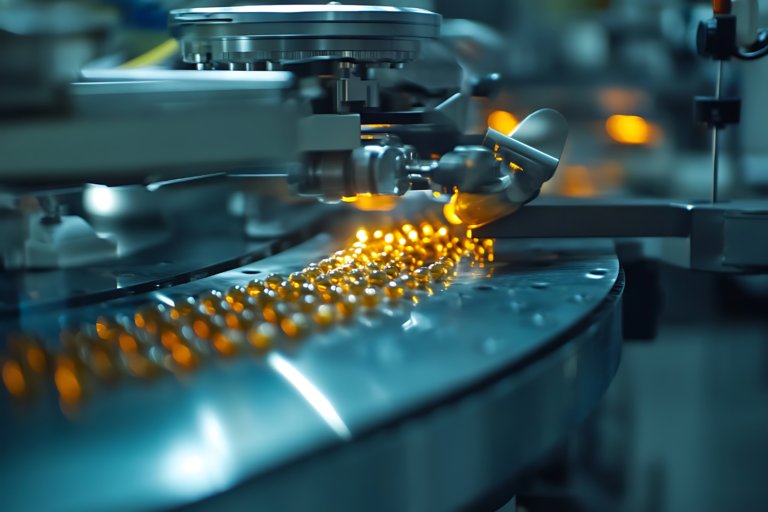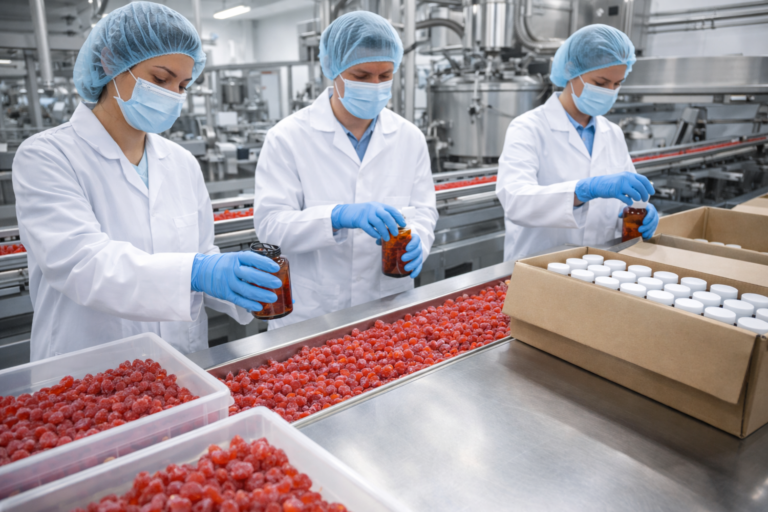Flavoring plays a key role in dietary supplements by improving taste and supporting consumer satisfaction and repeat usage. As supplement companies work to meet growing demand, choosing artificial vs. natural flavors in supplements has become a key consideration for food manufacturers and brand developers.
This guide explores the differences between natural and artificial flavors, how they are defined and regulated, their impact on nutritional value, and what food companies need to know when selecting flavor additives for their products.
Understanding the role of flavor chemicals, food labels, and FDA regulations is essential for making informed decisions in a competitive market shaped by natural ingredients and synthetic chemicals.
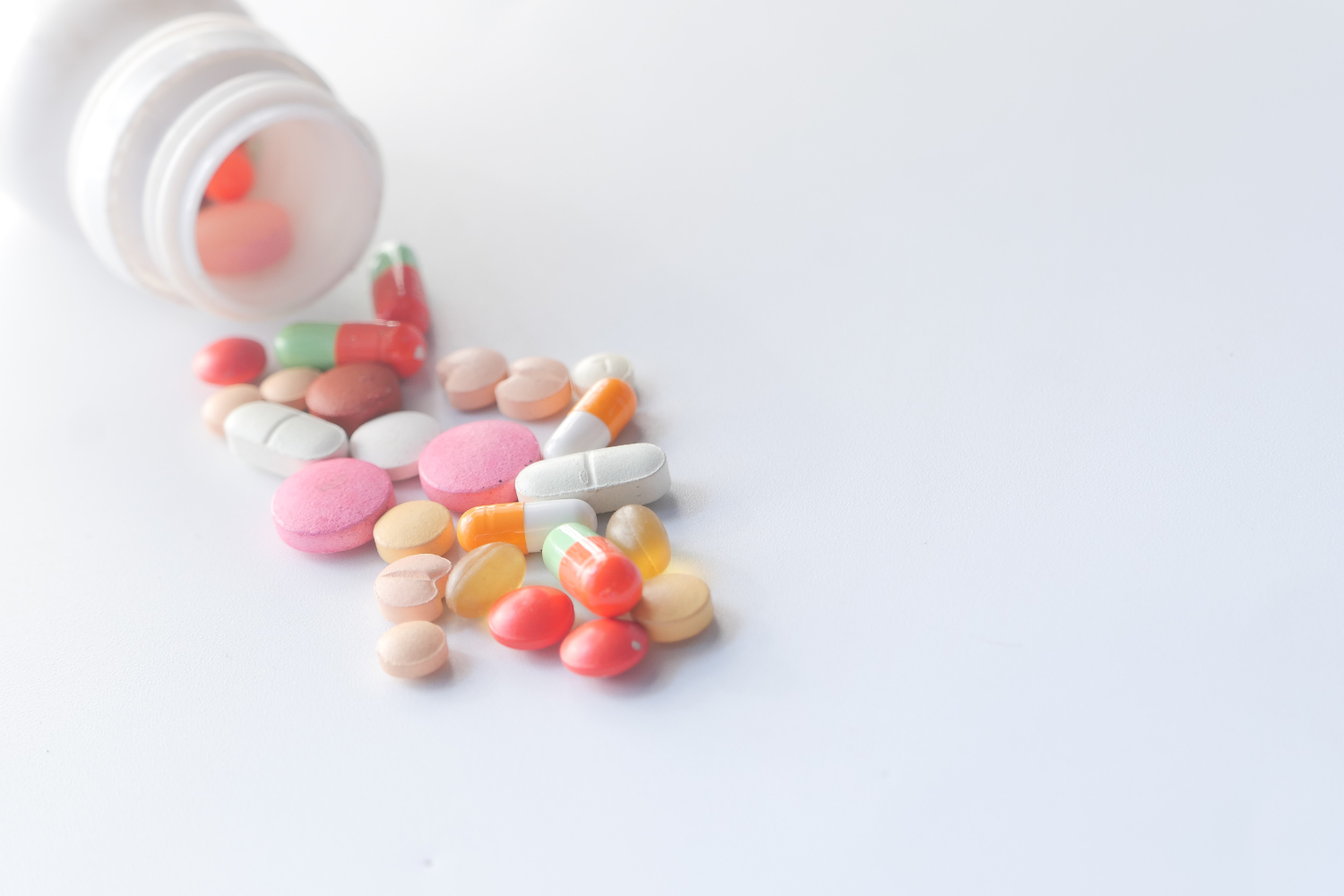
What Are Artificial and Natural Flavors?
In the supplement industry, flavors are added to enhance taste and improve consumer experience. These flavors fall into two main categories: artificial flavors and natural flavors. Both are used widely across the food industry but differ in how they’re made and sourced.
What Are Artificial Flavors?
Artificial flavors are chemically synthesized compounds created to mimic the taste of natural ingredients. These flavor substances are made in laboratories using synthetic solvents and other chemicals to replicate fruit flavors, vanilla, and more.
These flavors are commonly used in protein powders, pre-workouts, and other flavored supplements because they offer consistent taste and longer shelf life. Food manufacturers and supplement companies often choose them for cost-effectiveness and easy scalability.
What Are Natural Flavors?
Natural flavors come from real plant, animal, or microbial sources. They are considered natural when substances are extracted, distilled, or fermented from ingredients like vanilla beans, vegetable juice, or essential oils.
These flavors are often used in clean-label and organic foods, especially products marketed as healthy or all-natural. Many food companies prefer them to appeal to health-conscious consumers who look for natural ingredients on food labels.
Key Differences Between Artificial and Natural Flavors
While artificial and natural flavors can sometimes taste similar, they differ in origin, processing, and how they appear on ingredient labels. The FDA defines natural flavors as those derived from plant or animal materials through processes such as heating, roasting, or fermentation. Artificial flavors, however, are fully lab-made and are part of the broader category of food additives that enhance taste in ultra-processed foods and dietary supplements.
| Feature | Artificial Flavors | Natural Flavors |
|---|---|---|
| Source | Lab-synthesized | Derived from real food sources |
| Cost | Generally cheaper | More expensive |
| Taste | Consistent and customizable | Can vary by batch |
| Shelf Life | Longer-lasting | Shorter, may degrade over time |
| Regulation | FDA-approved but lab-made | Less processed but still regulated |
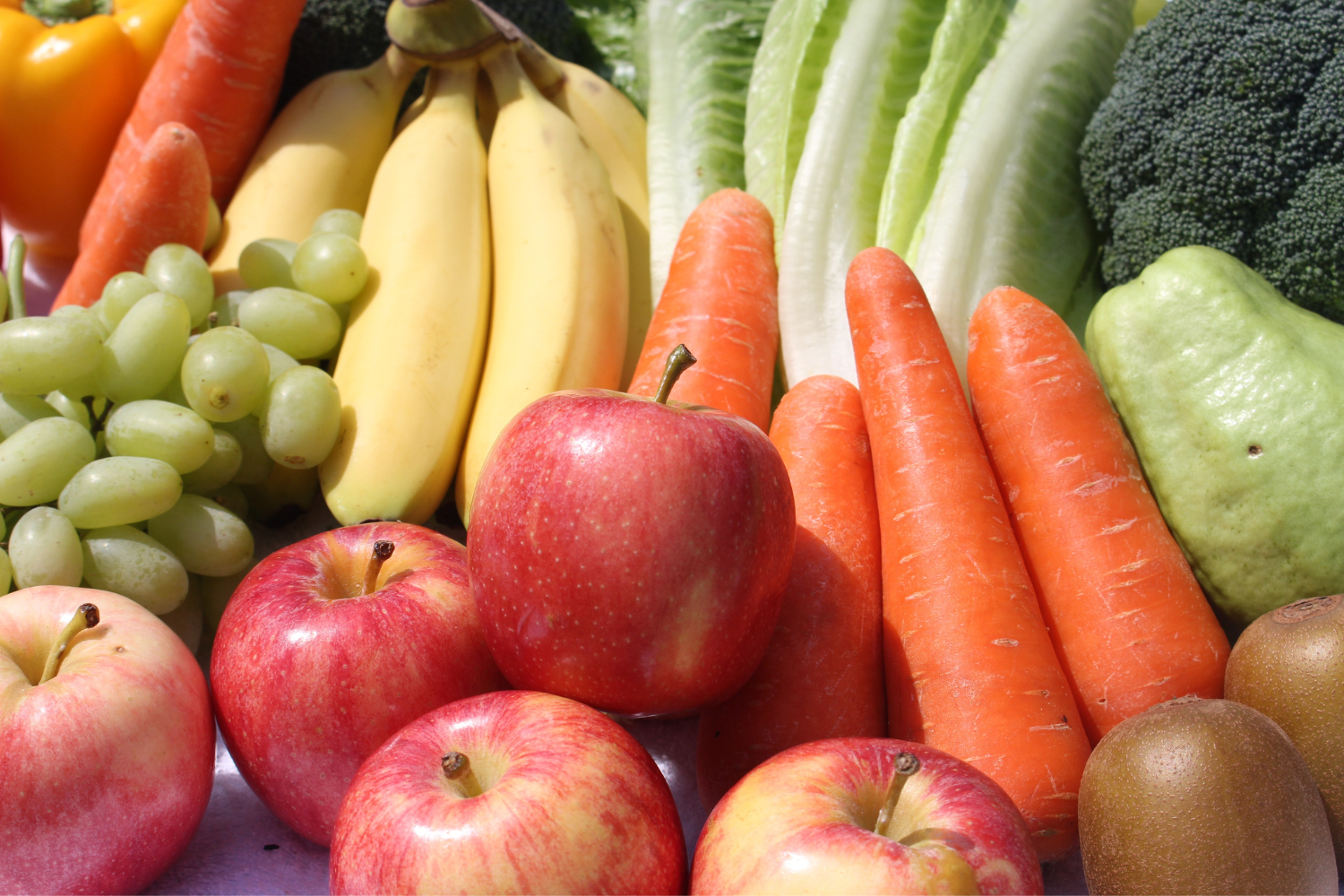
Pros and Cons of Artificial Flavors in Supplements
Artificial flavors are widely used in dietary supplements because of their flexibility and cost efficiency. However, they also raise concerns for some consumers due to their synthetic origins and added ingredients.
Pros of Artificial Flavors
Artificial flavors offer practical benefits for supplement companies looking to scale production while keeping costs down. These lab-made flavor substances allow food manufacturers to meet demand for consistent and appealing products.
- Cost-Effective – Cheaper to produce and easier to source than natural ingredients.
- Longer Shelf Life – More stable and resistant to degradation in processed foods.
- Consistent Taste – Reliable flavor across every batch, regardless of time or storage.
- Wider Variety – Enables the development of unique, complex, and candy-like flavors not found in nature.
Cons of Artificial Flavors
Artificial flavors are chemically synthesized despite their benefits and may include synthetic solvents or artificial preservatives. These concerns can affect how supplement products are perceived by health-conscious consumers.
- Highly Processed – Created in labs using chemical compounds, not from whole food sources.
- Consumer Skepticism – Some consumers prefer products with natural ingredients on food labels.
- Potential Sensitivities – Some individuals may report sensitivities to certain flavor additives, whether natural or artificial.
- May Contain Unwanted Additives – Often used with artificial sweeteners and other chemicals.
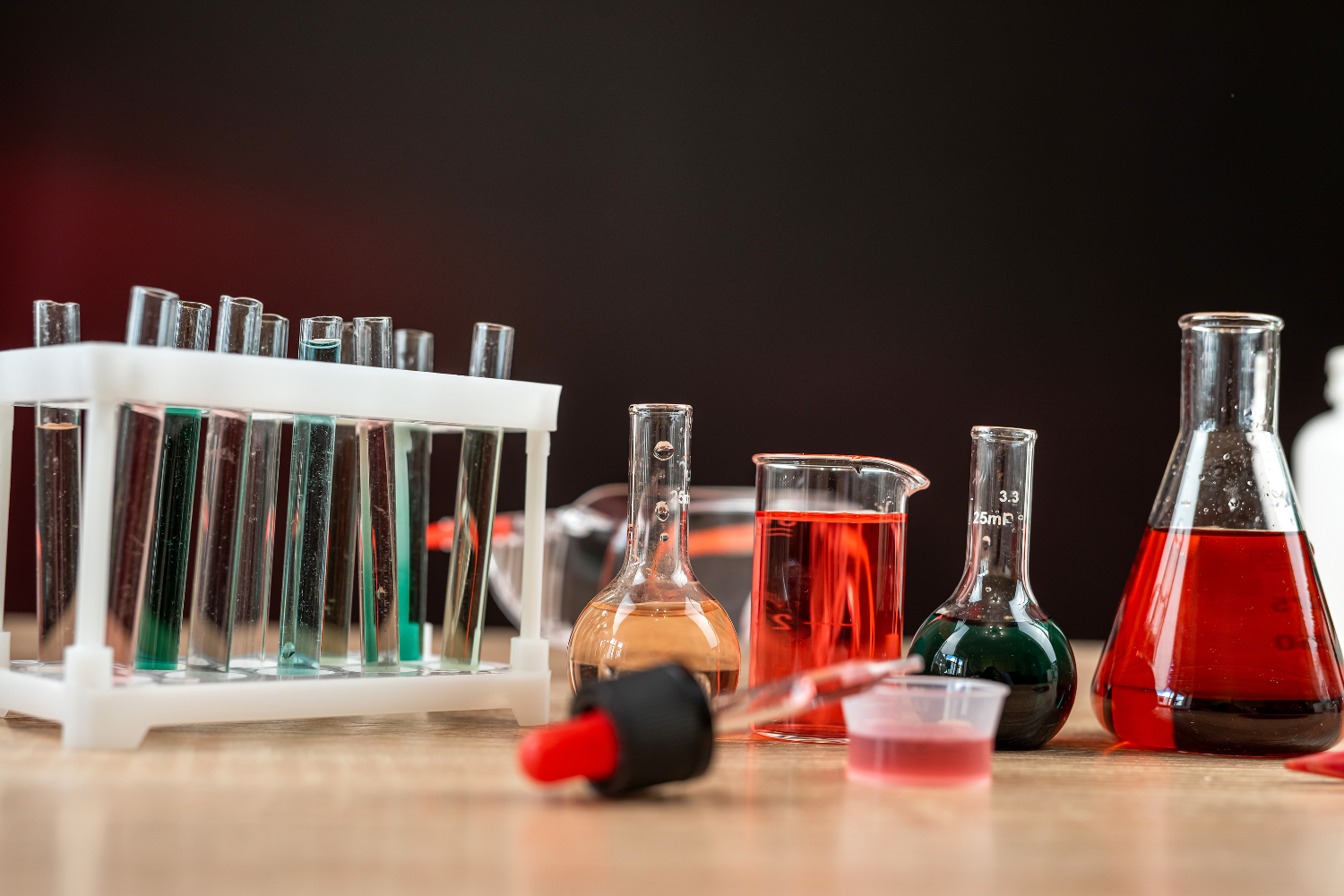
Pros and Cons of Natural Flavors in Supplements
Natural flavors are often used to align with clean-label trends and to meet the demand for supplements with fewer synthetic additives. These flavor extracts come from natural sources but are not without their own challenges.
Pros of Natural Flavors
Natural flavors are often preferred by consumers seeking products with fewer synthetic additives. Sourced from real foods, they help food companies create products that appeal to buyers looking for natural or organic ingredients.
- Perceived as Healthier – Appeals to clean-label and organic foods audiences.
- Derived from Real Sources – Includes substances derived from plant or animal sources.
- Fewer Chemical Additives – Often free from synthetic chemicals and artificial preservatives.
- Supports Premium Branding – Aligns with premium branding strategies used in the health and wellness market.
Cons of Natural Flavors
Although considered natural, these flavor additives are still processed and come with limitations in cost and consistency. Extract manufacturers must also deal with shorter shelf life and flavor variations.
- Higher Cost – More expensive to source, extract, and process.
- Less Consistency – This can vary in flavor depending on the batch or origin.
- Shorter Shelf Life – More prone to breakdown, especially in ultra-processed foods with fewer preservatives.
- Limited Flavor Options – It is hard to replicate certain specific flavor chemicals like candy or soda tastes.

Which Flavoring Option is Best for Your Supplement Brand?
Choosing between artificial and natural flavors depends on your brand’s goals, your budget, and what your customers expect. Supplement companies need to think beyond just taste and consider regulations, labeling, shelf life, and market trends.
Consider Your Target Audience
If your customers value organic foods, clean-label products, or natural ingredients, natural flavors may be the better fit. Artificial flavors with consistent taste may be more acceptable for audiences that are more focused on function, like athletes or bodybuilders.
Check Labeling & Compliance Needs
Food and Drug Administration (FDA) regulations require accurate ingredient labels. If your product needs USDA organic certification or must meet certain standards for natural or artificial additives, make sure your chosen flavors meet all requirements.
Think About Cost & Manufacturing
Natural flavors generally cost more and have a shorter shelf life. If you need to keep production affordable and stable, artificial flavors may better align with your financial and supply chain goals, especially for large-scale supplement companies.
Test for Taste & Consistency
Conducting flavor trials is essential before finalizing the product. Consumer feedback helps ensure the final product delivers the expected taste, whether you choose natural or artificial flavor substances.

Common Myths About Artificial & Natural Flavors
Many misconceptions exist about how flavors are created and used in the food industry. Understanding the facts can help brands make informed decisions and avoid misleading assumptions.
“Artificial flavors are toxic.”
Many artificial flavors are considered safe by the FDA, either through GRAS designation or as approved food additives following safety assessment. Safety evaluations are performed before approval for use in dietary supplements and food products.
“Natural flavors are always better.”
Even natural flavors can contain other chemicals and additives. Just because something is considered natural doesn’t mean it’s always the cleanest option available.
“Artificial flavors are made from harmful chemicals.”
Many artificial flavors are chemically synthesized to be nearly identical to those found in natural sources, such as flavor chemicals derived from fruit flavors or vanilla beans.
“Natural flavors are just extracted from whole foods.”
Natural flavors still undergo processes like solvent extraction, fermentation, and formulation. They’re not the same as using raw, whole-food ingredients.

Choosing the Right Flavor Strategy for Supplement Success
Flavors play a vital role in the success of a supplement brand. Artificial and natural flavors offer specific benefits depending on the needs of the product. Brands should carefully evaluate their audience, cost constraints, and product goals before deciding on natural or artificial options.
To move forward, it’s crucial to conduct taste tests, review regulatory definitions, and work with reliable food manufacturers or extract manufacturers association partners to ensure a balanced, compliant, and appealing final product.
Frequently Asked Questions
What is the difference between artificial and natural flavors in supplements?
Artificial flavors are lab-made using synthetic chemicals, while natural flavors come from plant, animal, or microbial sources.
Are artificial flavors safe to consume in dietary supplements?
Yes, artificial flavors are FDA-approved and considered generally recognized as safe when used within set limits.
Do natural flavors mean the product is chemical-free?
No, natural flavors can still include flavor additives and undergo chemical processing to enhance taste.
Why do food labels list both natural and artificial flavors?
Many food products use a mix of both to balance cost, shelf life, and flavor quality.
Can natural and artificial flavors affect the nutritional value of a supplement?
Flavors are not a source of nutrients but may affect how consumers perceive the overall quality of a supplement.
References
- Code of Federal Regulations. (2023). 101.22 Foods; labeling of spices, flavorings, colorings and chemical preservatives. https://www.ecfr.gov/current/title-21/section-101.22
- U.S. Department of Agriculture. (n.d.). Organic Certification and Accreditation. https://www.ams.usda.gov/services/organic-certification
- U.S. Food and Drug Administration. (2023). Color Additives in Foods. https://www.fda.gov/food/color-additives-information-consumers/color-additives-foods
- U.S. Food and Drug Administration. (2025). Food Chemical Safety. https://www.fda.gov/food/food-ingredients-packaging/food-chemical-safety
- U.S. Food and Drug Administration. (2023). Generally Recognized as Safe (GRAS). https://www.fda.gov/food/food-ingredients-packaging/generally-recognized-safe-gras
- U.S. Food and Drug Administration. (2024). Nutrition, Food Labeling, and Critical Foods. https://www.fda.gov/food/nutrition-food-labeling-and-critical-foods
- U.S. Food and Drug Administration. (2018). Substances Added to Food (formerly EAFUS). https://www.fda.gov/food/food-additives-petitions/substances-added-food-formerly-eafus
- U.S. Food and Drug Administration. (2024). Understanding How the FDA Regulates Food Additives and GRAS Ingredients. https://www.fda.gov/food/food-additives-and-gras-ingredients-information-consumers/understanding-how-fda-regulates-food-additives-and-gras-ingredients
